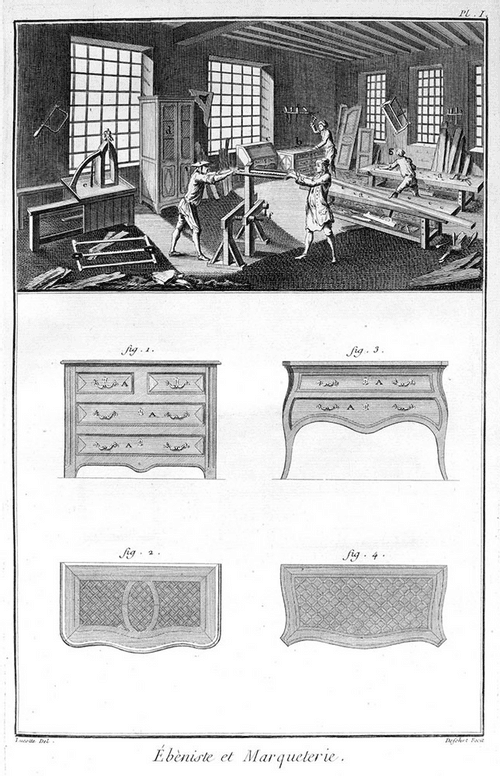How Could a Working Life Be Meaningful?
Curated from: theschooloflife.com
Ideas, facts & insights covering these topics:
5 ideas
·1.31K reads
2
Explore the World's Best Ideas
Join today and uncover 100+ curated journeys from 50+ topics. Unlock access to our mobile app with extensive features.
Work: An inevitable Curse
Working, in broad terms has always been a curse, especially in ancient times for a majority of people. Work is to be done for providing basic food and shelter, and in most cases, it does not provide any stimulation or reward.
In the 18th century, most of the working populations used to work on pipe-organ making, lathe and turning, baking, sugar refining, paper-making and bookbinding, soapmaking, mining and pottery, among other kinds of mostly unpleasant work.
45
326 reads
The Purpose Of Work
Work is the effort we make to get what nature did not provide us automatically, or what is not in abundance. We need food, water, shelter, clothes, and basic necessities that make our lives easier. We invent tools to help ourselves where nature didn’t help us.
Example: We couldn’t carry too much water in our cupped hands, so we worked and made a bucket to carry it.
64
269 reads
The Tools We Use To Work
Apart from simple mechanical objects that define what tools are, like a hammer or a bucket, tools can also have broader meanings like:
- A book is a tool to preserve our ideas and memory.
- A painting can be a tool to preserve the beauty of what we see or imagine.
- Religion can be a tool to drill into our minds the ideas of morality and consolation that we otherwise will not want to think about.
57
231 reads
Working With A Tool
As we started using tools, we realized that work, when it feels less arduous or even pleasurable, can be stimulating, rewarding and something we would love to do.
Normal work makes us put aside our creativity, sensitivity, and other qualities to be productive, but a tool, if it is a delight to use, can become our insight into happiness.
46
209 reads
What We Love To Do
It’s not easy for most to find out what they love and to do that for the rest of their lives. Our education system is not of much help to us in terms of how our life should be.
If we are somehow able to find what we love to do, what pays well, and what we are good at doing, we can find meaning in work, live a fulfilling life and not toil like our ancestors.
62
277 reads
IDEAS CURATED BY
Chelsea Grant's ideas are part of this journey:
Learn more about personaldevelopment with this collection
How to create a diversified portfolio
How to analyze stocks and bonds
Understanding the basics of investing
Related collections
Similar ideas
3 ideas
A More Spontaneous Life
theschooloflife.com
8 ideas
How to Be Diplomatic
theschooloflife.com
3 ideas
Trying to Be Kinder to Ourselves
theschooloflife.com
Read & Learn
20x Faster
without
deepstash
with
deepstash
with
deepstash
Personalized microlearning
—
100+ Learning Journeys
—
Access to 200,000+ ideas
—
Access to the mobile app
—
Unlimited idea saving
—
—
Unlimited history
—
—
Unlimited listening to ideas
—
—
Downloading & offline access
—
—
Supercharge your mind with one idea per day
Enter your email and spend 1 minute every day to learn something new.
I agree to receive email updates

